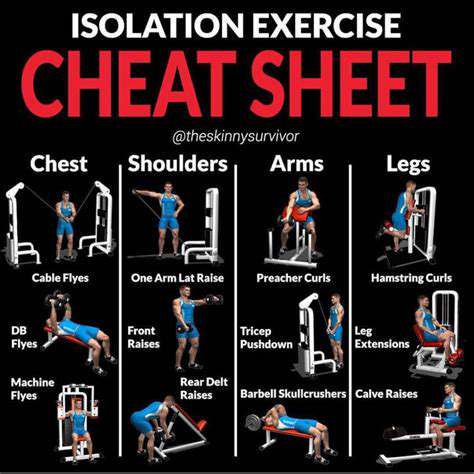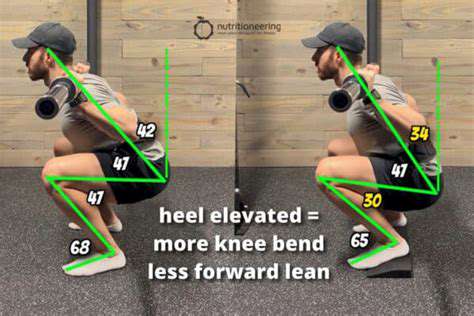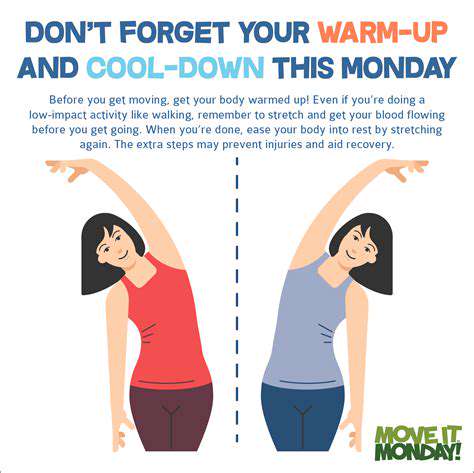Explore expert-backed fitness tips, nutritious recipes, and mindful practices for enhanced well-being and an active lifestyle.
Discover comprehensive information about bipolar disorder, including its symptoms, types, and management strategies. This detailed guide explores the key features of bipolar disorder, focusing on manic episodes and depressive phases. Understand the different types of bipolar disorder, their symptoms, and how they affect individuals' mental health. Learn to recognize the signs of mania, such as elevated mood, increased energy, and risky behaviors, as well as depression, characterized by feelings of sadness, hopelessness, and loss of interest. Our article provides valuable insights into diagnosing bipolar disorder, the importance of seeking professional help, and effective treatment options to manage this complex condition. Whether you're seeking information for personal understanding or supporting a loved one, this resource offers trusted, SEO-optimized content to enhance your knowledge about bipolar disorder. Explore the causes, symptoms, and available therapies to better understand how to cope with bipolar disorder and improve quality of life. Stay informed with our expert-approved guide designed to help you recognize the different types of bipolar disorder and take proactive steps toward mental wellness.
Jun 07, 2025
How to Read Nutrition Labels Correctly [Expert Tips]
Jun 06, 2025
Best Habits for Financial Health and Reduced Stress
Jun 05, 2025
Best Ways to Manage Stress During Busy Periods
Jun 05, 2025
Lower Body Strength Training Routine for Strong Legs
Jun 05, 2025
Guide to Bodyweight Training Progressions for Strength
Jun 05, 2025
Best Foods to Eat Before a Workout for Energy
Jun 05, 2025
Best Exercises for Building Rounder Shoulders
Jun 04, 2025
Best Exercises for Seniors to Stay Active and Independent
Jun 03, 2025
Guide to the Mediterranean Diet: Benefits and Recipes
Jun 02, 2025
Understanding Childhood Obesity and Effective Prevention
Jun 02, 2025
Guide to the Importance of Fiber in Your Diet
Jun 01, 2025
How to Build a Habit of Drinking Enough Water
Jun 01, 2025
Hot Recommendations
-
*Guide to Managing Gout Through Diet
-
*Best Habits for Financial Well being
-
*How to Build a Routine for Better Mental Health
-
*How to Eat Healthy on a Budget [Tips & Meal Ideas]
-
*Guide to Practicing Self Acceptance
-
*How to Incorporate More Movement Into Your Day
-
*Guide to Managing Chronic Pain Naturally
-
*Guide to Building a Reading Habit for Well being
-
*Top 5 Weight Loss Supplements That Actually Work
-
*Best Exercises for Postpartum Recovery [Beyond Abdominal Work]


![How to Read Nutrition Labels Correctly [Expert Tips]](/static/images/26/2025-06/MakingInformedChoices3ATakingControlofYourDiet.jpg)
















